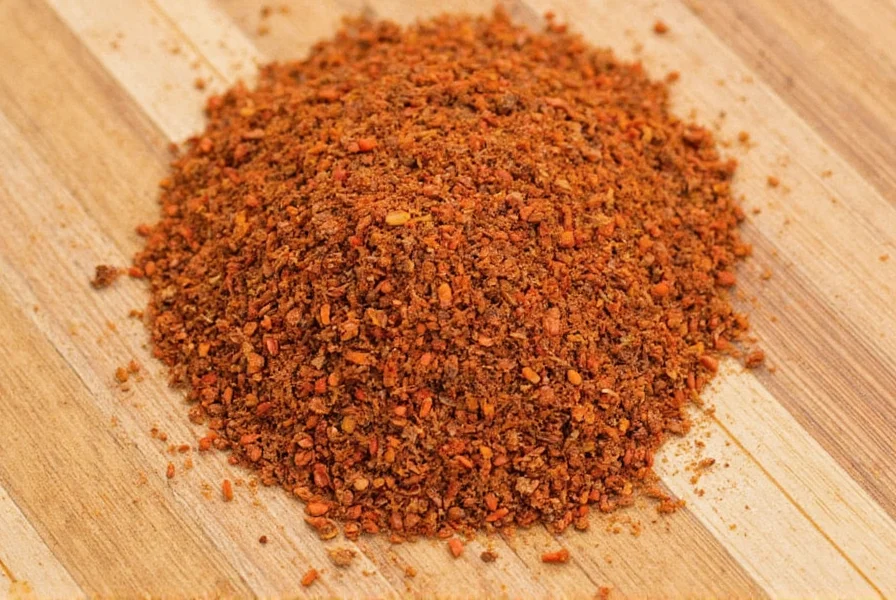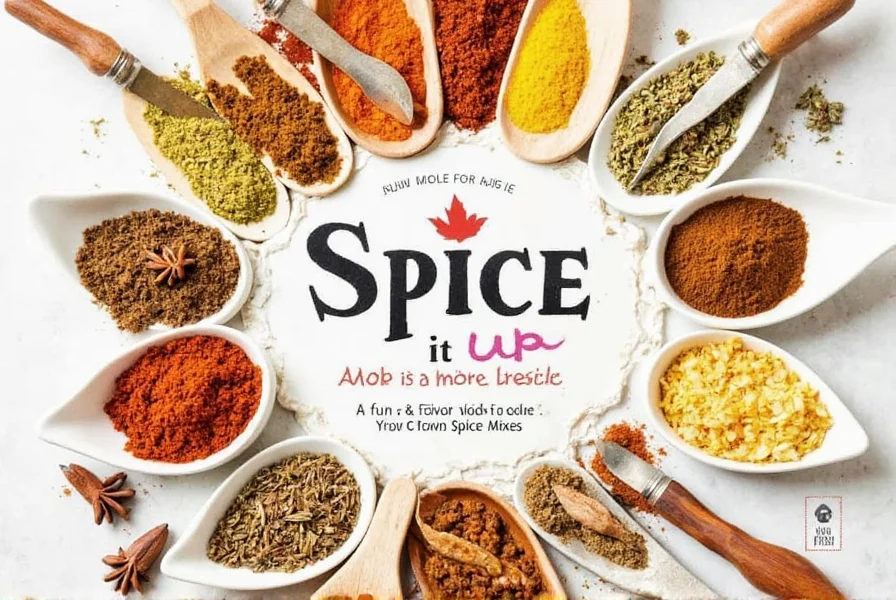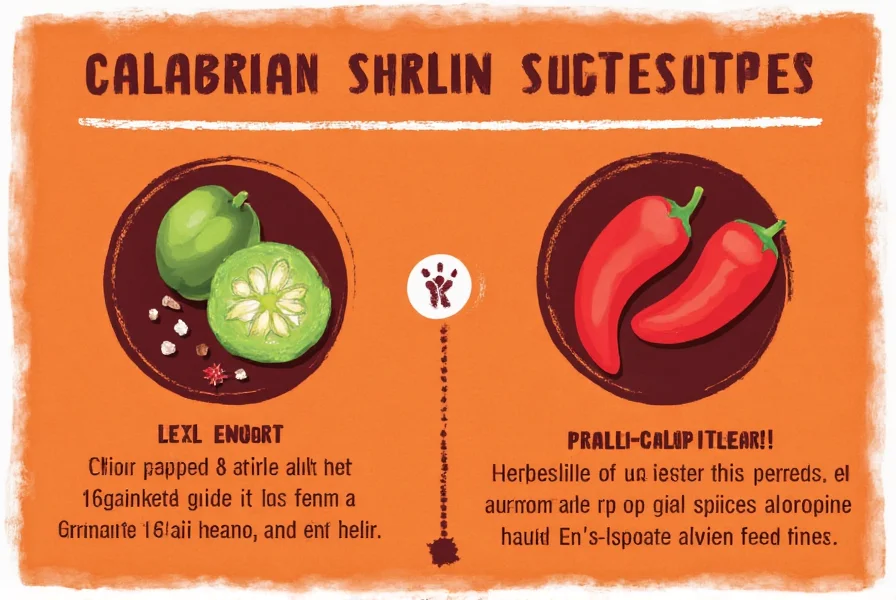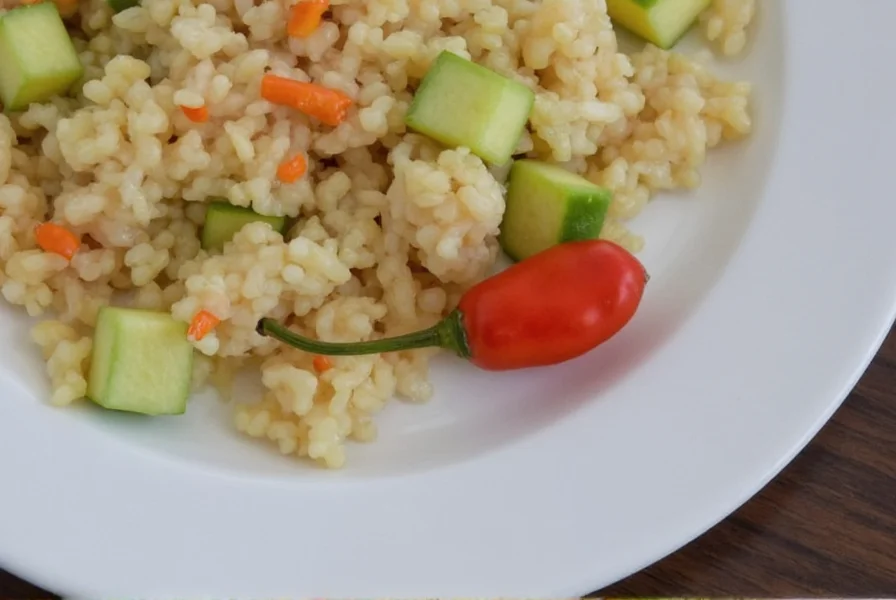Table of Contents
Introduction
Looking for calabrian chili pepper substitutes? Here are the top alternatives with detailed heat levels, flavor profiles, and usage tips for any recipe. Whether you need jalapeño for mild heat or serrano for a peppery kick, this guide covers everything you need to replace calabrian chilies successfully.
What Is a Calabrian Chili Pepper?
Calabrian chili peppers (also known as 'casciuni' or 'peperoncini') are small, wrinkled, and red. They are typically used fresh or dried, and they pack a punch—ranging from medium to hot on the Scoville scale (25,000-45,000 SHU). Their unique flavor is both spicy and slightly sweet, making them perfect for sauces, pasta dishes, and even pizza toppings.
While they are commonly used in Italian cooking, their versatility has made them popular worldwide. However, due to their regional origin, they may not always be easy to find outside of specialty stores or online.
Why Would You Want to Substitute Calabrian Chilies?
There are several reasons why you might need to find a substitute for calabrian chilies:
- Availability: They might not be available in your local grocery store.
- Flavor preference: You might prefer a milder or hotter option.
- Cooking purpose: Some recipes might require a specific texture or heat level.
- Allergies or dietary restrictions: If you're avoiding certain ingredients, a substitute might be necessary.
The Best Substitutes for Calabrian Chilies
| Substitute | Heat Level (SHU) | Flavor Profile | Best For | Usage Tip |
|---|---|---|---|---|
| Jalapeño Peppers | 2,500 - 8,000 | Mild, grassy, slightly sweet | Salsas, tacos, mild dishes | Use 1.5-2x amount for similar heat; remove seeds for less heat. |
| Hungarian Wax Peppers | 5,000 - 15,000 | Sweet, tangy, mild heat | Pasta sauces, pizza toppings | Great 1:1 substitute; adds sweetness to dishes. |
| Serrano Peppers | 10,000 - 23,000 | Grassy, peppery, bright | Salads, salsas, marinades | Use slightly less than calabrian for similar heat; fresh for crunch. |
| Anaheim Peppers | 500 - 2,500 | Mild, sweet, earthy | Roasted vegetables, mild sauces | Use 2x amount for noticeable heat; ideal for subtle spice. |
| Cayenne Peppers | 30,000 - 50,000 | Sharp, fiery, pungent | Soups, stews, marinades | Use 1/2 to 1/3 the amount; best in powdered form for even distribution. |
| Hot Paprika | 500 - 1,000 | Smoky, sweet, mild heat | Rubbed meats, roasted dishes | Combine with cayenne for heat; use 1.5x amount for color and mild spice. |
Jalapeño Peppers
Jalapeño peppers are a top choice for milder heat needs. With a Scoville range of 2,500-8,000 SHU (much lower than calabrian's 25,000-45,000), they offer a grassy, slightly sweet flavor. Ideal for salsas, tacos, or dishes where you want subtle spice. Use 1.5-2x the amount of calabrian called for, and remove seeds to reduce heat further.
Hungarian Wax Peppers
Hungarian wax peppers are the closest match to calabrian chilies in flavor profile. They range from 5,000-15,000 SHU with a sweet, tangy note. Perfect for Italian dishes like pasta sauces or pizza toppings. Use a 1:1 ratio for seamless substitution without adjusting other ingredients.
Serrano Peppers
Serrano peppers deliver a grassy, peppery kick at 10,000-23,000 SHU—slightly lower than calabrian but with brighter flavor. Great for fresh applications like salsas or salads. Use slightly less than calabrian (e.g., 3/4 cup for 1 cup calabrian) to avoid overpowering heat. Keep seeds for maximum spice.

Anaheim Peppers
If you need mild heat, anaheim peppers (500-2,500 SHU) are ideal. They have a sweet, earthy flavor and meaty texture. Best for roasted vegetables or mild sauces where you want flavor without intense spice. Use double the amount of calabrian called for, and remove seeds for extra mildness.
Cayenne Peppers
Cayenne peppers are hotter (30,000-50,000 SHU) with a sharp, pungent kick. Perfect for adding intense heat to soups, stews, or marinades. Use only 1/2 to 1/3 the amount of calabrian, as they're significantly spicier. Powdered cayenne distributes heat evenly in cooked dishes.
Hot Paprika
Hot paprika (500-1,000 SHU) provides smoky sweetness and vibrant color. Ideal for rubs on meats or roasted dishes. For heat, combine with cayenne (e.g., 2 parts paprika to 1 part cayenne). Use 1.5x the calabrian amount for noticeable spice without overwhelming heat.

Buying Guide: How to Choose the Right Substitute
When choosing a substitute for calabrian chilies, consider these key factors:
Heat Level
Calabrian chilies are medium-hot (25,000-45,000 SHU). Match this level closely for authentic flavor. For example, use cayenne sparingly due to its higher heat, or double anaheim peppers for mild heat needs.
Flavor Profile
Each substitute has distinct notes: Hungarian wax offers sweetness, serrano brings grassiness, and hot paprika adds smokiness. Choose based on your dish—e.g., Hungarian wax for Italian cuisine, serrano for Mexican dishes.
Texture
Fresh peppers like jalapeño or serrano add crunch, while cayenne powder ensures even heat distribution. For sauces, use fresh peppers chopped finely; for rubs, powdered forms work best.
Availability
Most substitutes are widely available: jalapeño and anaheim in supermarkets, serrano in specialty stores, and cayenne/paprika in spice aisles. Online retailers like Amazon offer dried or preserved options for hard-to-find varieties.
Cooking Tips with Substitutes
Using a substitute doesn't mean compromising on flavor. Apply these tips for best results:
- Start small: Add 1/4 of the substitute first, taste, and adjust. This is critical for hot peppers like cayenne.
- Match the dish: For pizza toppings, use Hungarian wax or serrano; for salsa, jalapeño or serrano; for marinades, cayenne or hot paprika.
- Balance heat: Add acid like lemon juice or vinegar to cut through intense spice and enhance flavor complexity.
- Use fresh vs. dried: Fresh peppers add crunch to salads; dried or powdered forms concentrate flavor for cooked dishes like stews.
- Experiment: Try combinations—e.g., jalapeño + cayenne for customizable heat, or hot paprika + smoked paprika for depth.

Frequently Asked Questions
What is the closest substitute for Calabrian chilies?
Hungarian wax peppers are the closest substitute for Calabrian chilies in terms of heat level and flavor profile. They offer a similar medium heat with a sweet, tangy note that works well in most recipes calling for Calabrian chilies. Serrano peppers are another good option if you prefer a slightly grassier flavor with comparable heat.
Are Calabrian chilies very spicy?
Calabrian chilies range from medium to hot on the Scoville scale (approximately 25,000-45,000 Scoville Heat Units). They're spicier than jalapeños but milder than habaneros. What makes them special is their balanced flavor - they provide noticeable heat but also have subtle sweet and fruity notes that complement the spiciness.
Can I use regular chili powder instead of Calabrian chilies?
Regular chili powder can work as a substitute but won't provide the same complex flavor. For best results, use a combination of hot paprika (for color and mild heat) and a pinch of cayenne (for extra kick). If you want to mimic the distinctive flavor of Calabrian chilies more closely, try adding a small amount of smoked paprika for depth along with the other ingredients.
Where can I buy Calabrian chili peppers?
Calabrian chilies can be found at specialty Italian markets, some well-stocked grocery stores (particularly in the international foods section), and increasingly in mainstream supermarkets. They're also widely available online through retailers like Amazon, Italian food specialty websites, and spice merchants. You can find them fresh (seasonally), dried, or preserved in oil.
How do I store Calabrian chili peppers?
Fresh Calabrian chilies can be stored in the refrigerator for 1-2 weeks in a perforated plastic bag. For longer storage, you can freeze them (whole or chopped) for up to 6 months. Dried Calabrian chilies should be kept in an airtight container in a cool, dark place for up to a year. Preserved Calabrian chilies in oil should be refrigerated after opening and used within 3-4 weeks.
What dishes work best with Calabrian chili substitutes?
Most Calabrian chili substitutes work well in pasta sauces, pizza toppings, roasted vegetable dishes, and meat marinades. Milder substitutes like Anaheim peppers are better for dishes where you want flavor without intense heat, while hotter options like serranos work well in dishes that can handle more spice. For traditional Italian dishes, Hungarian wax peppers provide the most authentic flavor profile.
Can I make my own Calabrian chili paste?
Yes, you can make a substitute Calabrian chili paste by combining 1/4 cup crushed red pepper flakes, 2 tablespoons good quality olive oil, 1 teaspoon red wine vinegar, and a pinch of salt. For a more authentic flavor, add a small amount of smoked paprika and let the mixture sit for at least 24 hours before using to allow the flavors to meld. This won't be identical to true Calabrian chili paste but will provide a similar heat and flavor profile.
Can I use jalapeño peppers as a Calabrian chili substitute?
Yes, jalapeño peppers are a great substitute for milder heat needs. With a Scoville range of 2,500-8,000 (vs. calabrian's 25,000-45,000), they're significantly milder. Use 1.5-2x the amount of calabrian called for, and remove seeds for less heat. They work best in salsas, tacos, or dishes where subtle spice is preferred.
Conclusion
Substituting calabrian chili peppers doesn't have to be a daunting task. With the right alternatives, you can still enjoy the heat and flavor that these peppers bring to your meals. Whether you're using jalapeño for mild dishes, serrano for vibrant salsas, or Hungarian wax for authentic Italian recipes, there's a substitute that fits your needs.
Remember, the key is to experiment and find what works best for your taste and recipe. So next time you're missing calabrian chilies, reach for one of these great substitutes and keep your kitchen spicy and delicious!











 浙公网安备
33010002000092号
浙公网安备
33010002000092号 浙B2-20120091-4
浙B2-20120091-4